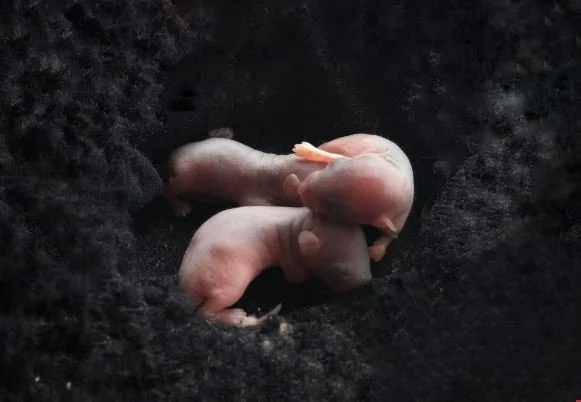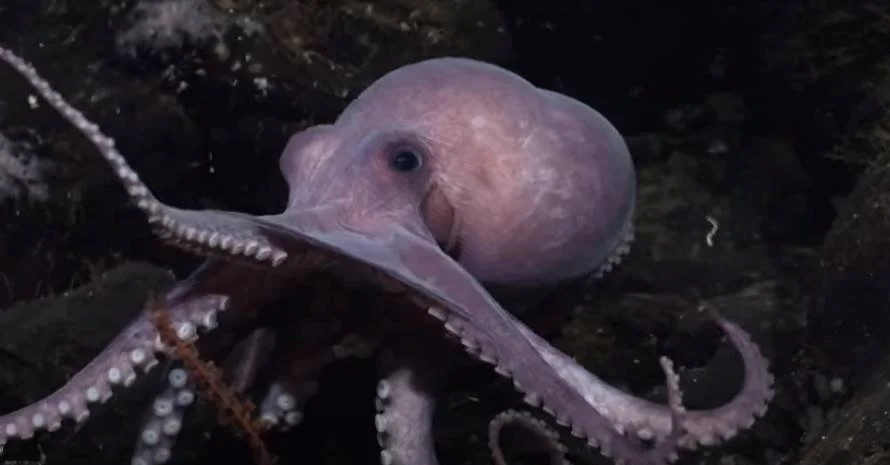Mouse Embryos Grown in Space. Are Humans Next?
Japanese scientists have successfully grown mouse embryos aboard the International Space Station, a first. Their research appears in the journal iScience.
This is “the first-ever study that shows mammals may be able to thrive in space,” University of Yamanashi and national research institute Riken said in a joint statement.
In this case the embryos “thrived,” but only for a few days. The ISS astronauts thawed and cultured the embryos in near-zero gravity for four days—the length of time a mouse embryo can survive outside the uterus. The embryos developed normally into blastocysts and were preserved in chemicals then shipped back to Earth for analysis, their mission complete.
Teruhiko Wakayama, one of the study authors, told New Scientist that the research is a first step toward assuring that human pregnancies can safely proceed in space. “There is a possibility of pregnancy during a future trip to Mars because it will take more than six months to travel there,” he said. “We are conducting research to ensure we will be able to safely have children if that time comes.”
Normally for new critter births we like to say “Welcome to Earth,” but that salutation doesn’t apply here, for a couple of reasons.
iScience
Photo credit: Arnanzung / Getty Images








